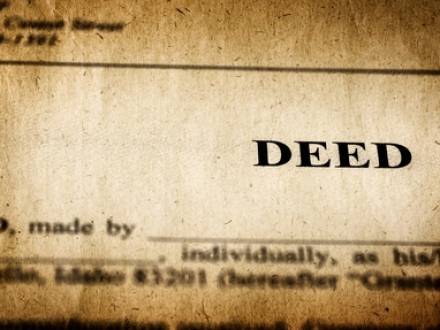 28 N. 1st St., Suite 101, Geneva, IL 60134
28 N. 1st St., Suite 101, Geneva, IL 60134
Can Illinois Bankruptcy Take Your House If It’s Paid Off?
 Perhaps you have worked for decades to pay off your mortgage under the belief that once your home is paid for, it is safe. Unfortunately, if financial troubles force you into bankruptcy, your home, even with homestead bankruptcy exemptions, may not be as protected as you might think. The Illinois bankruptcy homestead only shields a limited amount of home equity.
Perhaps you have worked for decades to pay off your mortgage under the belief that once your home is paid for, it is safe. Unfortunately, if financial troubles force you into bankruptcy, your home, even with homestead bankruptcy exemptions, may not be as protected as you might think. The Illinois bankruptcy homestead only shields a limited amount of home equity.
Any value beyond that can be at risk of liquidation if you are filing Chapter 7. It is crucial to understand how bankruptcy homestead exemptions work in Illinois bankruptcy cases. It is just as important to have a strong, knowledgeable Geneva, IL bankruptcy attorney who can guide you through the process and work diligently to protect your home.
Understanding the Illinois Homestead Exemption
The bankruptcy homestead exemption protects only a portion of your home equity. The amount you can protect depends on your filing status; Illinois law requires residents to use the state’s homestead and other exemptions rather than federal exemptions. If you are a single filer, the Illinois Chapter 7 bankruptcy homestead exemption only allows you to protect up to $15,000 of your home’s equity.
A married couple filing Chapter 7 bankruptcy jointly can protect $30,000 of their home’s equity. The equity is your home’s current market value minus what you owe on your mortgage. This means that if your home is worth $250,000, but is paid off, only $15,000 is protected if you are a single filer. The homestead exemption can be applied to a house, condominium, or mobile home. The bankruptcy cannot force the sale of your home if the equity is less than or equal to the exemption amount.
If, however, your equity exceeds the exemption amount, the non-exempt portion is at risk. The trustee could sell your home, pay you the exempt amount ($15,000 or $30,000, depending on filing status), and use the remainder to pay creditors. If your home is paid off, filing for Chapter 7 bankruptcy may not be a good idea due to the low exemption amount.
Why Chapter 13 Bankruptcy Might Be the Better Choice if Your Home is Paid Off
If your home is paid off, you will not lose it, as you would in Chapter 7 bankruptcy; however, there are other considerations. A paid-off home in an Illinois Chapter 13 bankruptcy is protected from liquidation, but the value of the home is a significant factor in determining your repayment plan. The portion of your home’s equity that exceeds the homestead limits must be paid back to unsecured creditors through your repayment plan.
The equity in your home influences your repayment plan through the "best interests of creditors" test. This test ensures that your unsecured creditors receive at least as much in your Chapter 13 plan as they would have in a Chapter 7 liquidation. For example, if your home is worth $150,000 and you are a single filer, your non-exempt equity is $15,000. Your repayment plan must distribute at least $135,000 to your unsecured creditors over the life of the repayment plan.
Property Taxes and Insurance on Your Home Must Be Paid During Chapter 13 Bankruptcy
During the three- to five-year repayment plan, you must continue paying any ongoing property taxes and homeowner’s insurance through your plan. These are considered administrative expenses and are not part of the plan payment made to the trustee. If you are married and your home is owned as "tenants by the entirety," the property is protected from a creditor who has a judgment against only one spouse and is immune from levy and sale as long as both spouses are alive.
Contact a Kane County, IL Chapter 13 Bankruptcy Lawyer
In Illinois, owning your home outright does not necessarily mean it is safe from foreclosure if you file for bankruptcy. Because of this, you must seek legal advice from an experienced Geneva, IL bankruptcy attorney from DLAW, PC. Attorney Walker will explain your options, review your home equity, and help you protect what matters most. She has more than 25 years of legal experience that benefits her clients. Call 331-222-7978 to schedule your free consultation.


 331-222-7978
331-222-7978

